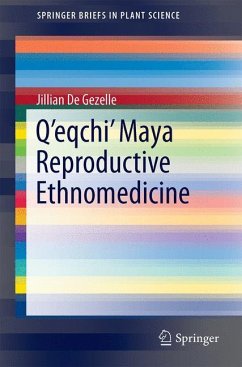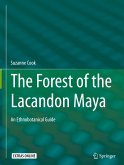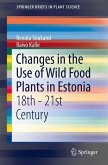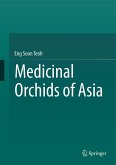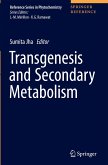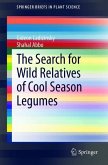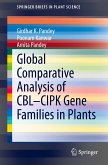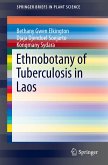The Q'eqchi' Maya of Belize have an extensive pharmacopoeia of medicinal plants used traditionally for reproductive health and fertility, utilizing more than 60 plant species for these health treatments. Ten species were selected for investigation of their estrogenic activity using a reporter gene assay. Nine of the species were estrogenic, four of the species were also antiestrogenic, and two of the extracts were cytotoxic to the MCF-7 breast cancer cell line. Women's healing traditions are being lost in the Q'eqchi' communities of Belize at an accelerated rate, due to a combination of factors including: migration from Guatemala disrupting traditional lines of knowledge transmission; perceived disapproval by biomedical authorities; women's limited mobility due to domestic obligations; and lack of confidence stemming from the devaluation of women's knowledge. Q'eqchi' medicinal plant knowledge is highly gendered with women and men using different species in traditional health treatments. Revitalizing women's healing practices is vital for maintaining the traditional knowledge needed to provide comprehensive healthcare for Belize's indigenous communities.
Bitte wählen Sie Ihr Anliegen aus.
Rechnungen
Retourenschein anfordern
Bestellstatus
Storno

